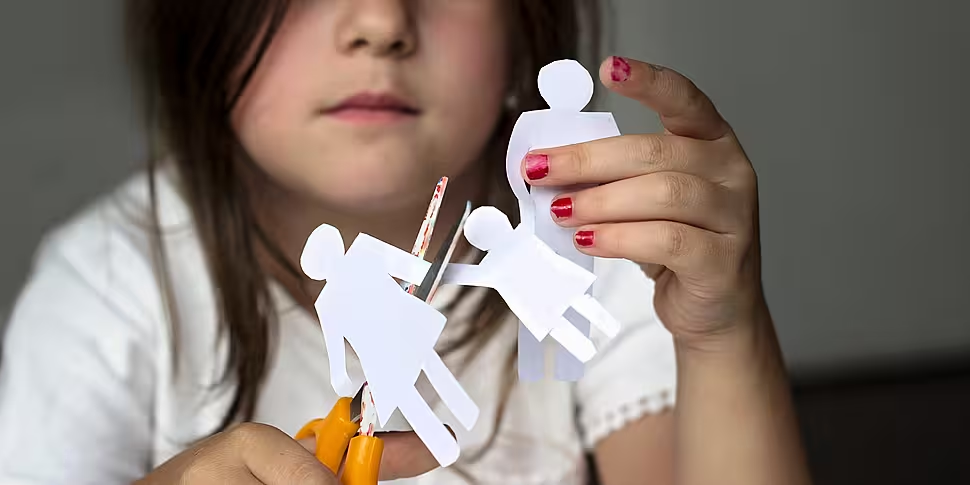Separation is a natural part of life and parenting, but what do you do when the reason for separation could be too much for your children to deal with?
One woman told Parenting that she split with her husband when he cheated – but now she doesn’t want to tell their kids.
“Although I have a lot of anger towards him, I don't want to pass it on to my children,” she told Moncrieff.
“The questions are now coming thick and fast, particularly for my oldest son who's 14 - I just don't know how much of the details to share.”
She said she doesn’t want her children to hate their dad.
“I [hate him] I may never be able to speak to him again, but I believe my children are lucky enough to have two healthy parents - they should have a strong relationship with both.”
Child psychotherapist Joanna Fortune said she typically advocates for honesty and openness – but there is always a limit.
“Don't confuse being honest with sharing all of the details,” she said.
“We're talking about young teenagers here and I think that you can be developmentally appropriate.
“You can be honest and not share all the details - you can even tell them you're not going to be sharing all the details.”
Parenting after separation
Joanna said she understands the parent is going through “a lot of hurt and pain”.
“But the truth is for your children to respect both of you, they have to see that you can be respectful or at least civil to each other,” she said.
“You also need to be able to communicate respectfully with each other, if only about the children.
“It is a really painful message to deliver, but I also think it is honest if you tell your 14-year-old that you and his dad are dealing as best as you can, with a lot of changes in how you feel about each other, but your feelings for them will never change.”
If the teenage son continues to question the separation, the mother can simply say the reasons are “complex” and not “appropriate” to share with him.
Listen back here:









